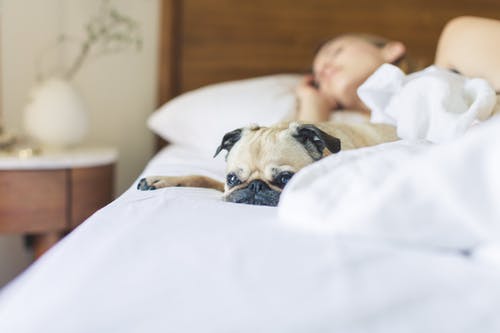How To Cope With Sleep Apnea
For those diagnosed with sleep apnea, getting a good night’s rest might feel as though it’s next to impossible, and even at times unheard of. The reason for this is because of the discomfort, and interruption, that one might experience while trying to sleep throughout the night. In turn, a number of factors can be taken into consideration when learning how to cope with sleep apnea. These principles can help one get back to living their lives the way they should be lived, all while maintaining healthy sleeping habits that can help aid in their condition.

One of the key factors for coping is a person’s sleep routine. Consequently, sleep apnea can cause one’s sleep routine to become a little askew, especially if he/she reverts back to laying on his/her back unknowingly in the middle of the night. A person’s sleep position is another factor that can be hard to adjust if that is what he/she is used to, or how he/she has been sleeping for an extended amount of time. This doesn’t offer any improvement for one’s sleep apnea but instead serves as the cause of many of his/her problems. Fortunately, lying on one’s side not only helps one’s symptoms, but allows him/her to sleep better, and more comfortably, when he/she has undergone the stages of his/her REM cycle.
As a result, treatment can be offered in a variety of ways – and/or forms – one of the most popular being a continuous positive airway pressure (CPAP) machine which “is a form of positive airway pressure ventilator, which applies mild air pressure on a continuous basis. It keeps the airways continuously open for people who are able to breathe spontaneously on their own, but need help keeping their airway unobstructed.” Yet, even so, it is up to the person to make changes from there on out that will help his/her sleep apnea for the better.
In conclusion, though some may find sleep apnea discouraging at first, there are several treatment options available depending on how mild or severe a person’s sleep apnea may be. In turn, it’s always best to seek out the help of a medical professional when you begin to notice certain signs – or symptoms – of sleep apnea. In doing so, he/she will be able to give you better insight on the reason behind it all whether it be something weight-related, allergies, and/or something similar.